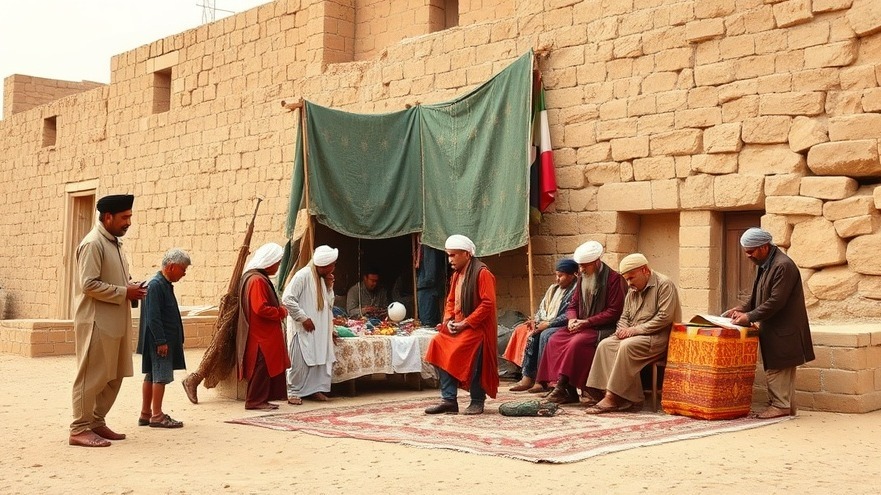
The Complex Landscape of Afghanistan: A Yearly Reflection
For decades, Afghanistan has epitomized resilience amid turmoil. Esteemed journalist Jon Lee Anderson, having dedicated over 40 years to documenting this nation’s journey from pre-9/11 through its multifaceted conflicts, offers a profound insight in his newest book, To Lose a War. Within its pages lies a tapestry woven with the personal accounts of those who shaped and witnessed the country’s tumultuous history.
Jon Lee Anderson’s Unwavering Commitment
Anderson’s connection with Afghanistan runs deep. His experiences span from covering Soviet invasions in the 1980s to the US-led response post-9/11. He describes Afghanistan as “an incredible place,” infusing a sense of nostalgia and respect in his narratives. This sense of belonging gives his work a personal touch, bringing the lifeblood of Afghan culture and struggle to the forefront.
Insights from To Lose a War
The book navigates through the complex chapters of a nation inhabited by spirited people grappling with a harsh reality. Its title, To Lose a War, symbolizes the profound sacrifices and the lessons learned throughout a time marked by foreign interventions and internal strife. Readers can expect carefully articulated accounts that humanize the concrete narratives of war and politics, reflecting not just on the immediate outcomes but also on the broader socio-cultural ramifications.
Understanding the Afghan Experience
Central to Anderson's book is a striking chapter from 2010, which details the American military's disintegrating control in Afghanistan. His embedded account with a cavalry squadron in Maiwand starkly captures the realities of combat, including the loss of young soldiers to IED attacks. His contemplations on embedding highlight a crucial disconnect—soldiers separated from the land and culture they were supposed to be engaging. This reopening of dialogue through Anderson's narrative serves as an invitation for digital nomads to gain a deeper understanding of cultural interactions in conflict zones.
Culture Amidst Chaos: A Rich Tapestry
Afghanistan’s identity transcends warfare. Despite years of adversity, its vibrant traditions survive. The story of Afghan women, often overlooked amid times of war, is a poignant reminder of resilience. Anderson's exploration into their lives sheds light on issues of displacement, survival, and familial ties, sparking inquiries into the cultural landscapes that endure despite political turmoils.
The Future: Reflections on a Changing Narrative
As Afghanistan navigates its future, Anderson's reflections hold implications for how the world should perceive the nation. The digital nomad community, eager to explore off-the-beaten-path destinations, can become conduits for more accurate narratives, recognizing the depth and dignity of its people. With tourism often viewed through the lens of spectacle, understanding the historical context becomes imperative.
Engagement Through Understanding
Anderson’s impassioned call to return to Afghanistan allows the reader to reflect on their own travel motivations. His narrative encourages digital nomads to dive deep into local histories, ensuring that their journeys contribute positively to the regions they explore. Approaching each destination with empathy towards the cultural and historical fabric can yield enriching experiences.
The multifaceted approach Anderson takes toward writing about Afghanistan lays a pathway for informed travel and engagement. Digital nomads seeking to make a difference can glean significant insights for thoughtful travel practices that honor both people and history, inspiring meaningful connections.
As the world watches Afghanistan's evolving narrative, the responsibility lies with each traveler to foster awareness and respect for the stories that entwine with such rich cultural heritage. With renewed interest in cultural exploration, understanding how we connect with our surroundings is paramount.
To truly appreciate the beauty of travel, one must understand the world’s diverse tapestry, weaving in the voices of those who have lived its complexities.
 Add Row
Add Row  Add
Add 




Write A Comment